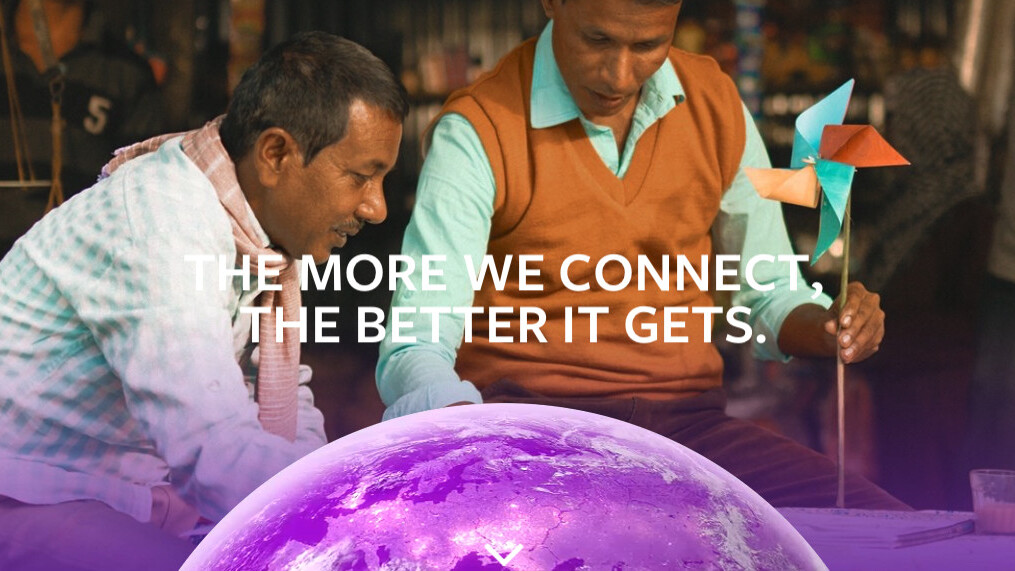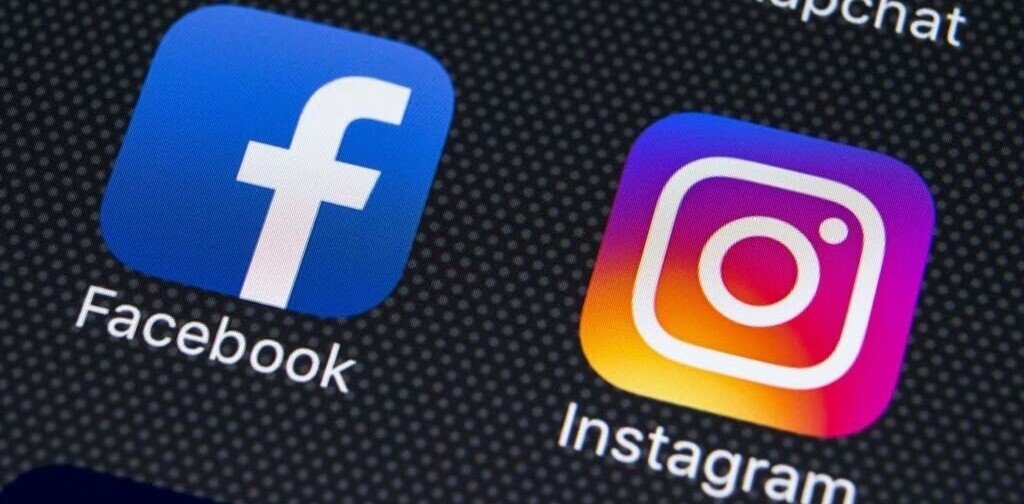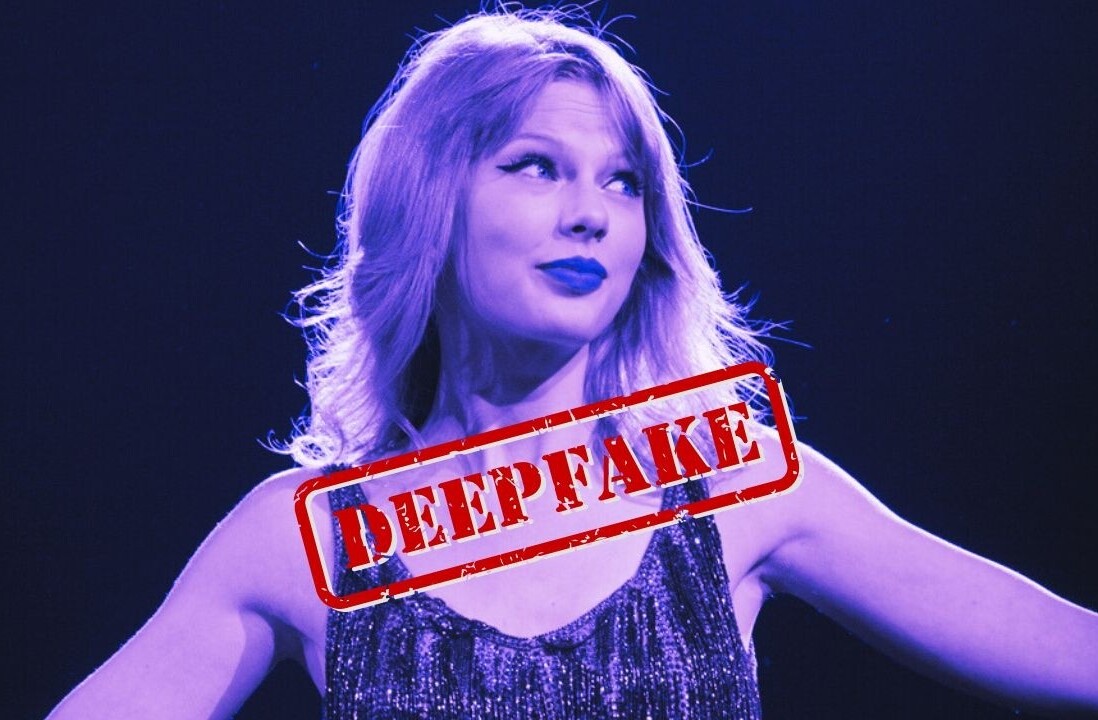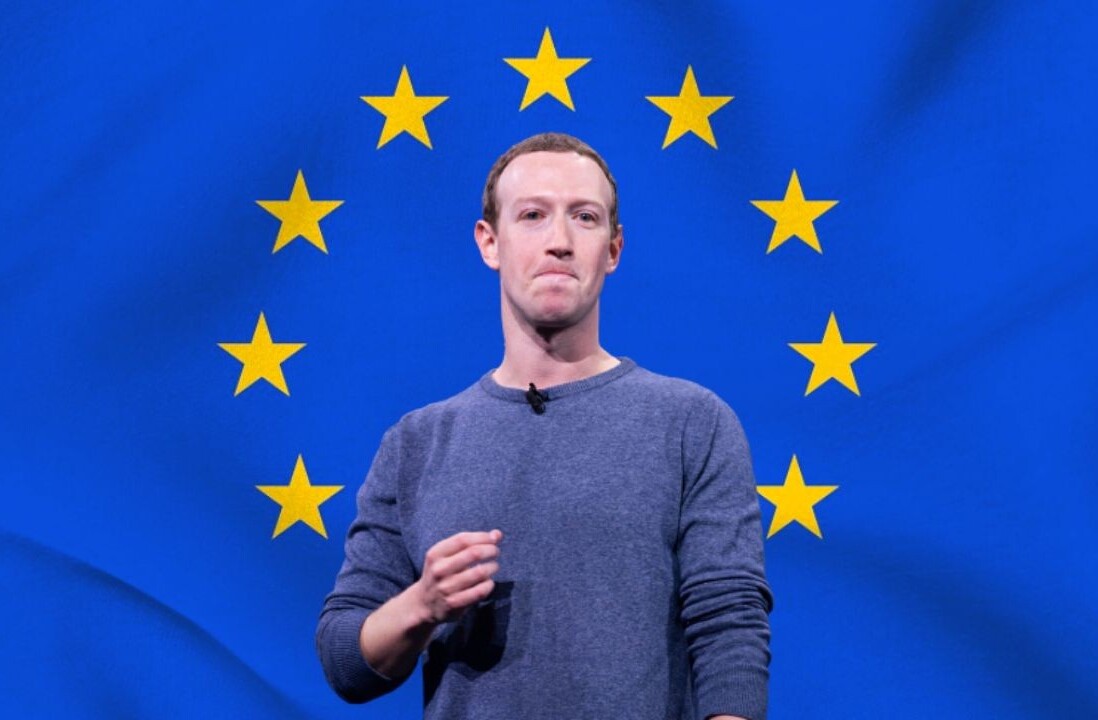
According to Pew Research Center, 15 percent of adults have limited options for accessing the internet, aside from their cell phone. Of these 15 percent, nearly half of those reported having to cancel or suspend wireless service because they could no longer afford it.
Facebook’s ‘Free Basics’ program aims to provide this connectivity to underserved and impoverished communities, but it’s not without controversy. India, for example, struck down the initiative earlier this year for fear it would prove anti-competitive to companies left out of the program. Facebook has since modified Free Basics to include all third-parties that wish to be included, provided they abide by a governing set of rules such as not uploading HD video or photos that consume a lot of mobile data.
It’s a setback, but one Facebook is hoping its course correction will overcome. Currently, Free Basics is still not available in India.
Now, Facebook wants to bring the same program to the United States. The company has been in talks with US regulatory bodies and wireless carriers for months as it eyes an American version of essentially the same application that India struck down. Expect a fight.

In the US, the fight for Free Basics is going to center around a tactic known as ‘zero-rating.’ This approach leads to free data usage for customers, while advertisers and other third-parties pick up the tab in an effort to display their content. Critics argue this is anti-competitive, as the pay-for-play approach tends to price out small businesses and others who could benefit from the program, both on the consumer side (free internet) and the business side (paid inclusion).
According to The Washington Post, this battle has been going on since at least Spring. Facebook has had some success in convincing smaller cellular providers to join the cause, but to date, hasn’t approached any of the major providers. Negotiating terms with national carriers, such as AT&T, Verizon, or T-Mobile would bring about increased scrutiny from the FCC over anti-competitive behavior and potential zero-rating schemes.
The carriers have enough of these issues to content with. T-Mobile, for example, is currently under the watchful eye of the FCC after its Binge-On program launched last year. In it, third-party content providers would be excluded from customer data caps, a move many critics feel violates the rules of net neutrality. The battle is on-going.
For Facebook to deploy its Free Basics service at scale, eventually it would have to reach a deal with the national carriers, but the company seems content to wait for the thumbs up from regulators.
There are numerous benefits to providing free internet to impoverished communities, but with every pro there must be a con. In this case, the con could be the weakening or complete dismantling of small businesses that can’t afford to play the game.
While regulators continue to look for a clear-cut ‘right’ answer, they’re going to come face-to-face with the reality that most of us already understand. The world is actually multiple shades of grey and Facebook Free Basics is no exception.
Get the TNW newsletter
Get the most important tech news in your inbox each week.





